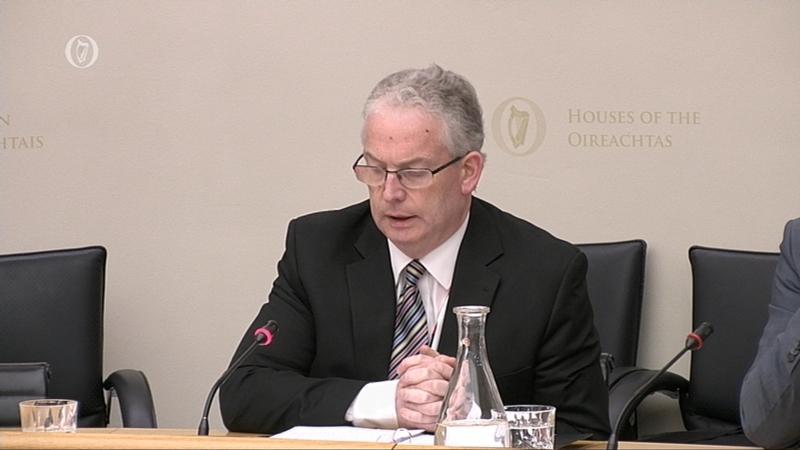He said despite resource restraints over the past six years of austerity, there have been numerous improvements, including stroke care, where Ireland is now placed in the top three in Europe.
However, Mr O’Brien said treating an older population is costly and getting more costly, and unless this is planned for significant difficulties will emerge in future.
He said the HSE is already seeing the effect on bed capacity.
More emergency work and less elective work is being carried out each year, and if these trends continue the HSE will be unable to accommodate elective work in the future, he said.
Mr O’Brien said the HSE was created with a big bang and was not well thought through, saying it is not possible to manage all staff from one central location.
He said seven hospital groups have been established and should now be allowed time to bed in, adding that a rethink is needed of existing policies and capital expenditure.
Healthcare planning is tied to the electoral cycle, he said, as well as a 12-month economic cycle, which hampers rather than facilitates reform.
Mr O'Brien said Ireland needs to build consensus on health spending and how much taxpayers are willing to hand over for the health service they want.

Committee chairperson Róisín Shortall questioned whether Mr O'Brien meant that the taxpayer should spend more on healthcare, considering Ireland's spend is close to the top of the OECD at the moment.
Mr O'Brien clarified, saying Ireland is spending a very substantial sum on healthcare, and there is an opportunity to spend that funding better.
Liam Woods, Interim Acting Director of Acute Services, said the HSE reduced agency staff costs by €38 million last year, but there was still a high level of such agency staff.





